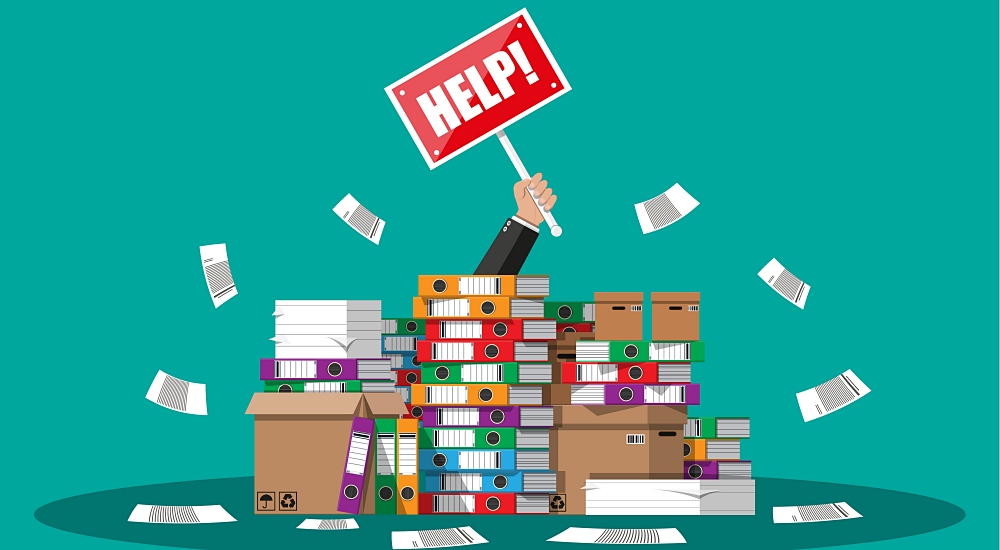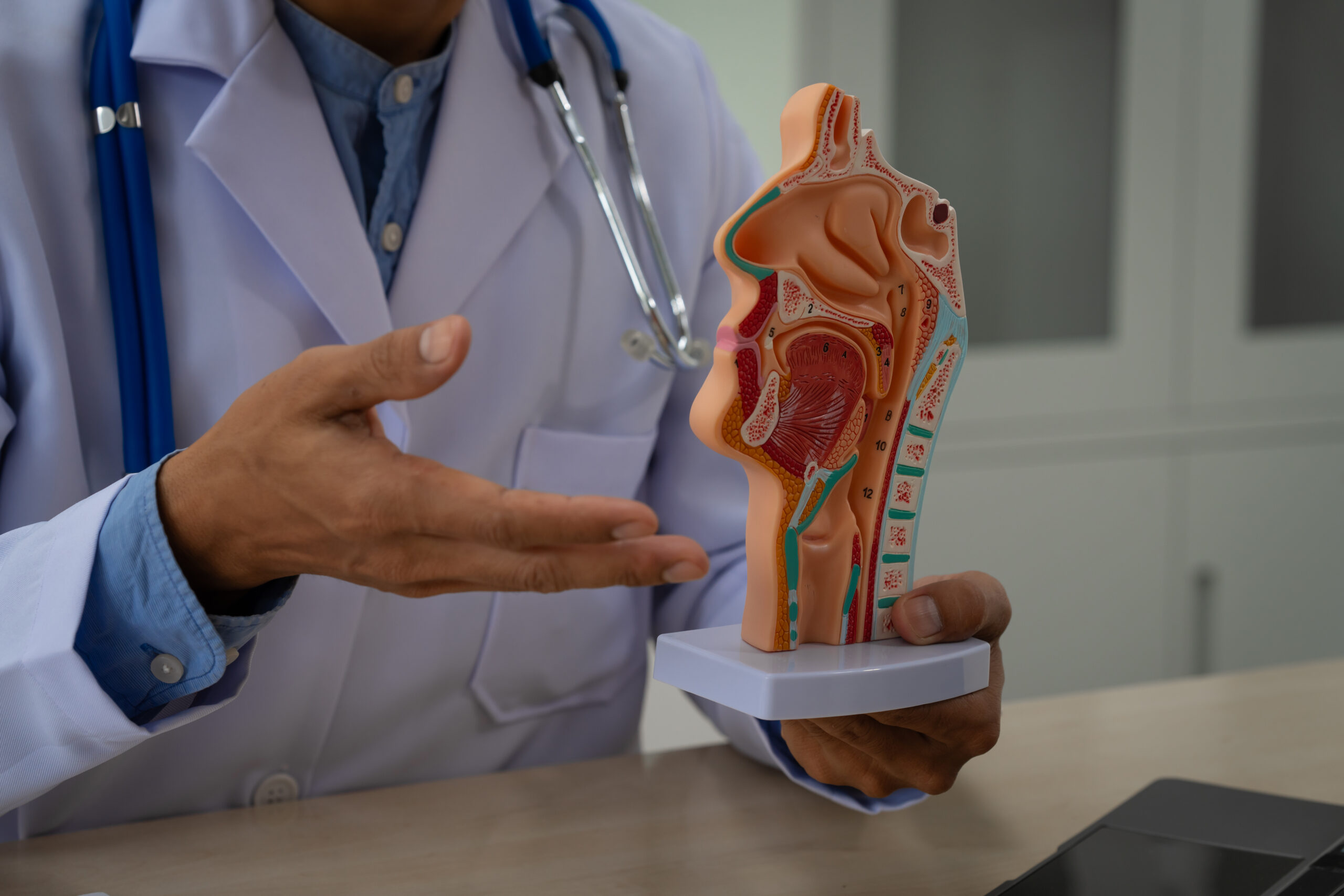We face stress every day. While some stress can be beneficial to help us focus on solving a problem, prolonged stress may have serious health implications. We may not notice it immediately, but the effects of stress can take a toll on our physical health.
Here are some physical responses and signs that we may experience in our body as an effect of prolonged stress.
Physical Effects of Stress
Digestive problems

When you are going through a particularly stressful event or period, you may have experience “butterflies” in the stomach or maybe even feel that your stomach is tied in knots.
When we are stressed, hormones and chemicals released by your body that are meant to help you deal with the stressful event may enter your gastrointestinal tract. This interferes with your digestion and disrupts the chemical balance in your gut. As a result, you may experience diarrhoea, constipation, stomach cramps, or nausea.
Tension headaches
A tension headache can be distinguished by several symptoms such as dull aching head pain, pressure that feels like a band around the head, and tenderness of the scalp. Stress is believed to be the most common trigger for tension headaches, and can last from 30 minutes to even a week.
Changes in Weight

Stress can cause fluctuations in your weight, due to the effect that it has on your appetite. Stress changes your appetite for both psychological and physiological reasons. While research has shown that stress produces hormones to suppress one’s appetite in the short-term and produces hormones that increase hunger in the long-term, the impact of stress on one’s eating habits changes from person to person.
As such, you may find yourself eating much more or eating much less when you’re stressed. This results in drastic changes to your weight, due to the change in the calories you’re taking in.
Skin problems
One of the effects of stress is an acne outbreak. When your body is under stress, it produces a hormone called cortisol, which is meant to help you handle challenging situations. However, cortisol can also lead to an increase in oil production on your skin, which can, in turn, lead to acne.
Additionally, stress may also aggravate existing skin problems, such as eczema, psoriasis, rosacea, or hives. It probably doesn’t help that when we’re stressed, our fingers may itch for something to do and this may cause us to pick unnecessarily at our face as well!
Physical aches and pains

Studies have shown that chronic aches and pains may be associated with higher levels of stress and cortisol. Your body’s muscles tend to tense up when you are stressed. This reflex action is the body’s way of guarding against injury. It is only after the stressful event has passed that your muscles will relax.
However, if you are under prolonged stress, your muscles are unable to release this tension. This can lead to body aches and pains, typically in the shoulders, back and neck.
What can you do
Find time for yourself
Doing something enjoyable can alleviate the effects of stress and help you feel better overall.
Set aside blocks of time during the week to doing something that you enjoy. This can be a hobby you have, making time for exercise, or just practising some mindfulness. Taking a step back when you’re feeling stuck can give you the much needed space to process your thoughts, and come back to the problem with a fresh perspective.
Reach out to your loved ones
Like the saying goes, “A problem shared is a problem halved”. Although it may feel challenging to talk about our problems, lean on your friends and family for support. Just like how you’d want your loved ones to confide in you if you’re facing challenges, your loved ones would appreciate being able to help you through what you’re facing as well.
Learning how to manage your stress ensures that you can maintain good mental health. If the stress feels too much to manage on your own, speak to any one of our certified psychologists or counsellors over the DA app. Our experts are ready to support you through any challenges that come your way.







